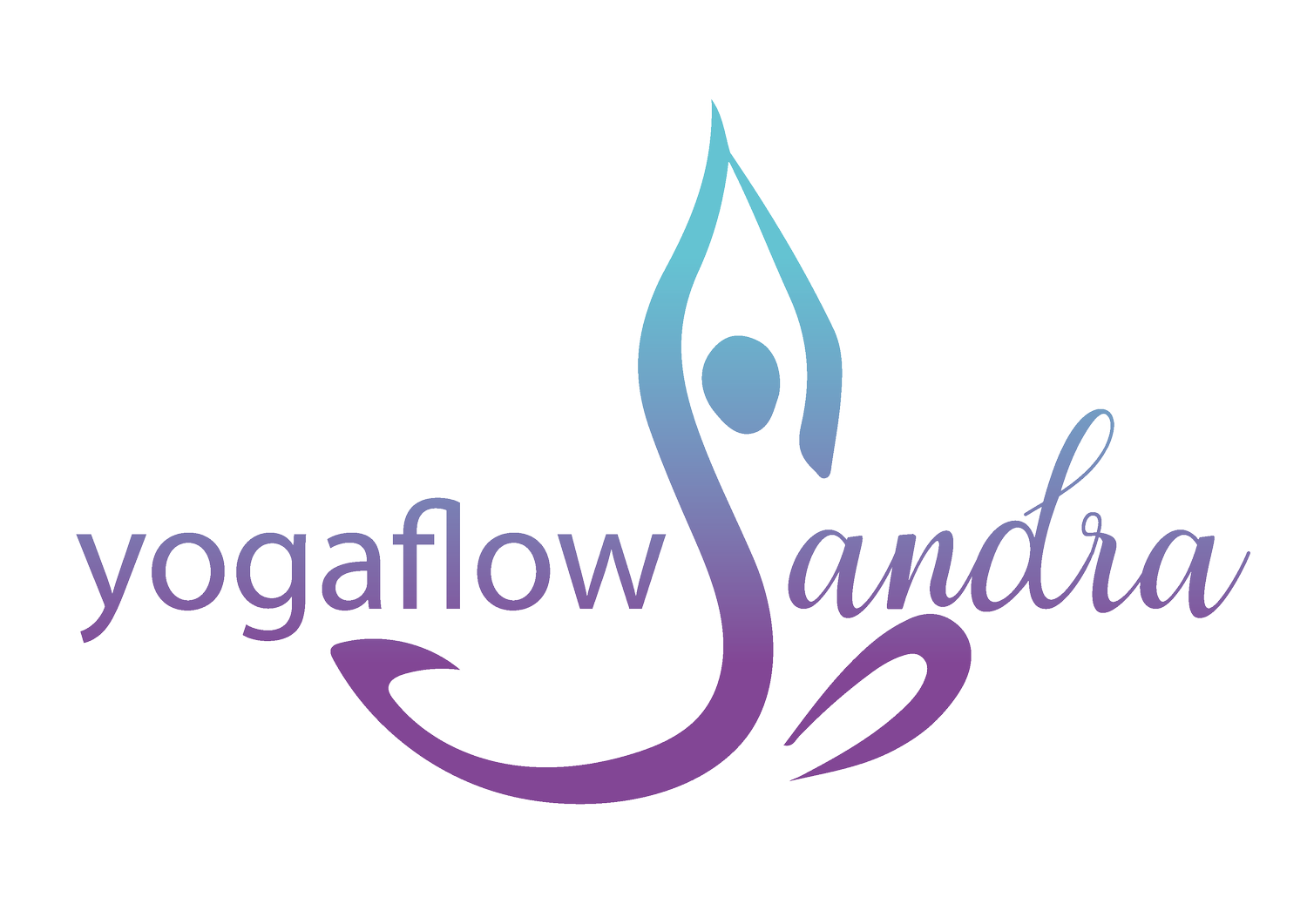We’ve been told for years to avoid stress. But what if the real problem isn’t stress itself—just our relationship with it?
There are two sides to everything. That might sound like a banal statement, but lately, it’s been smacking me in the face… on both sides. Sometimes we only see one version of something—like looking at our reflection and forgetting it’s just one angle. But there’s always another side.
When I was researching sleep, I had a real duh moment when I realised that a solution for someone who struggles to sleep isn’t just about relaxation, pan pipe music, and scented candles. It’s also about expending energy, using stress, and being alert and awake. You need one for the other to work.
This got me thinking about stress—and how it’s developed a terrible reputation. So, I decided to mount a defence.
Defence Attempt 1: Stress as a Villain
I copied this paragraph from an article called Understanding and Recognising Stress. By sentence four, we’re already pointing the finger…
“Acute stress is the body’s immediate reaction to a perceived threat, referred to as the fight-or-flight response. This type of stress isn’t always bad. It can propel you to move away from danger, or in some cases even give you energy. Generally, acute stress does not cause significant problems. When acute stress occurs frequently or on a regular basis, it can trigger anxiety, panic attacks, post-traumatic stress disorder, and other health-related issues.”
Mmmh. Perhaps it’s the word stress. A bit like the word poop—vitally important, but not exactly something we want to dive into.
Still, just because something’s unpleasant doesn’t mean it’s not worth understanding.
Defence Attempt 2: Let’s Talk Cortisol
Let’s replace stress with cortisol—the body’s main stress hormone. Surely that softens things? Here’s a paragraph from an article called Cortisol: What It Does and How to Regulate It:
”Think of cortisol as nature’s built-in alarm system. It’s your body’s main stress hormone. It works with certain parts of your brain to control your mood, motivation, and fear…
Cortisol plays an important role in a number of things your body does:
Manages how your body uses carbohydrates, fats, and proteins
Keeps inflammation down
Regulates your blood pressure
Increases your blood sugar (glucose)
Controls your sleep/wake cycle
Boosts energy so you can handle stress and restores balance afterwards
But then… the article goes on to list all the things that go wrong when there’s too much or too little cortisol. And just like that, my attempt to make stress sound like a good idea, goes down the swanny.*
I could share Defence Attempts 3 to 22 and they’d all follow the same pattern—starting off well, then ending in doom and gloom. Maybe it’s because, in our modern world, we’ve swung so far into too much stress that we’ve forgotten what healthy stress even looks like.
Bla Bla Balance
It’s all about balance. (If you’re rolling your eyes, trust me—I am too.) But yes, it really is that obvious.
Would we know and cherish happiness if we hadn’t experienced sadness?
Would we value friendship if we hadn’t known loneliness?
Would we appreciate calm if we hadn’t felt stress? (Or vice versa, in some cases.)
Stress is good for you. It’s necessary.
But too much—or too little—is where the problems start. And we live in a world that constantly pushes us toward more. More stimulation, more productivity, more noise… even the stress of trying to de-stress can become a stress in itself.
So I wonder—what if the solution isn’t to eliminate stress, but to welcome it in?
Give it a little love?
Your Frenemy, Stress
We might prefer calm over stress, but both are interrelated. Instead of fearing one, what if we celebrated its virtues and made it our friend?
Would that change how we respond to it?
If I can appreciate what stress is trying to do for me—and allow it to do that—then maybe I gain the freedom to let it go when it’s no longer serving its purpose.
If stress is a part of life—and it is—perhaps the real work is not in pushing it away, but in learning how to respond to it with clarity and kindness.
And yes… yoga can help with that. (Still my favourite life tool.)
For the science lovers: Here’s a small but fascinating study that found yoga helped reduce cortisol (your body’s main stress hormone) and depressive symptoms—even when used alone or alongside medication. It’s a nice reminder that simple practices can have powerful effects. And just in case you needed another reason to roll out the mat.
Stress may be part of being human, but how we respond to it? That’s where our power lies. Whether it’s a breath, a walk, or a moment on the mat—choose something today that lets your body feel safe, strong, and supported.
After all, balance isn’t about eliminating one side. It’s about remembering both can coexist.
*“Goes down the swanny” = a very British way of saying something’s gone disastrously downhill. The phrase likely comes from the American song “Swanee River”—though no one’s quite sure.

